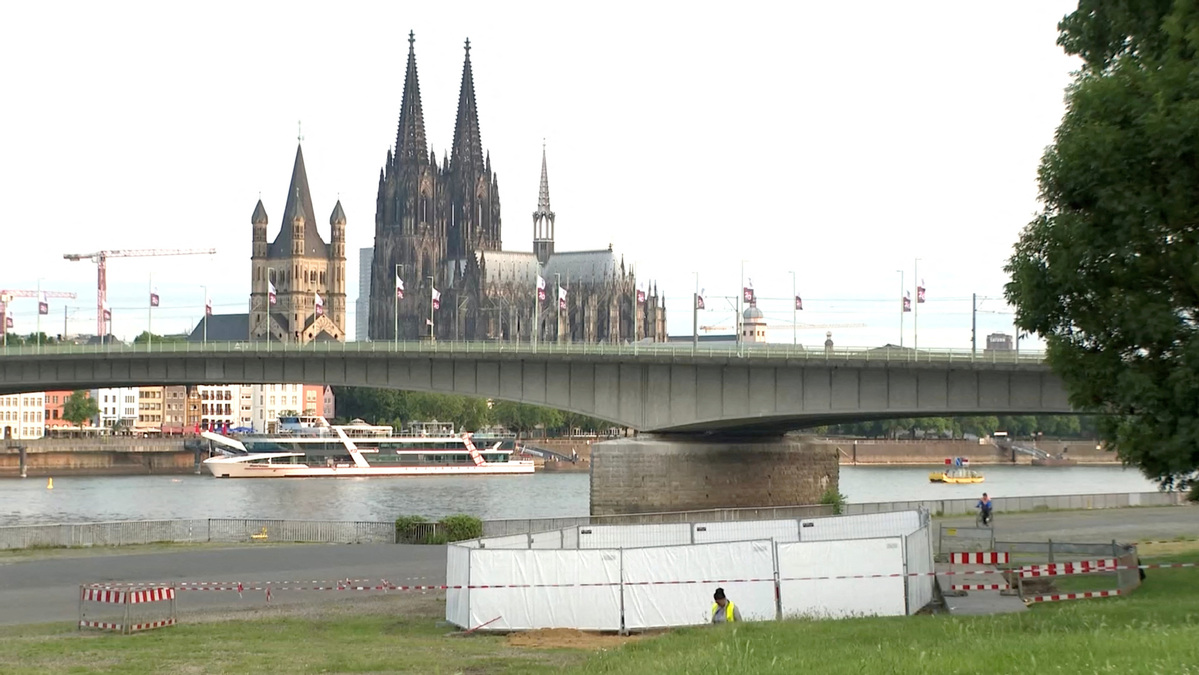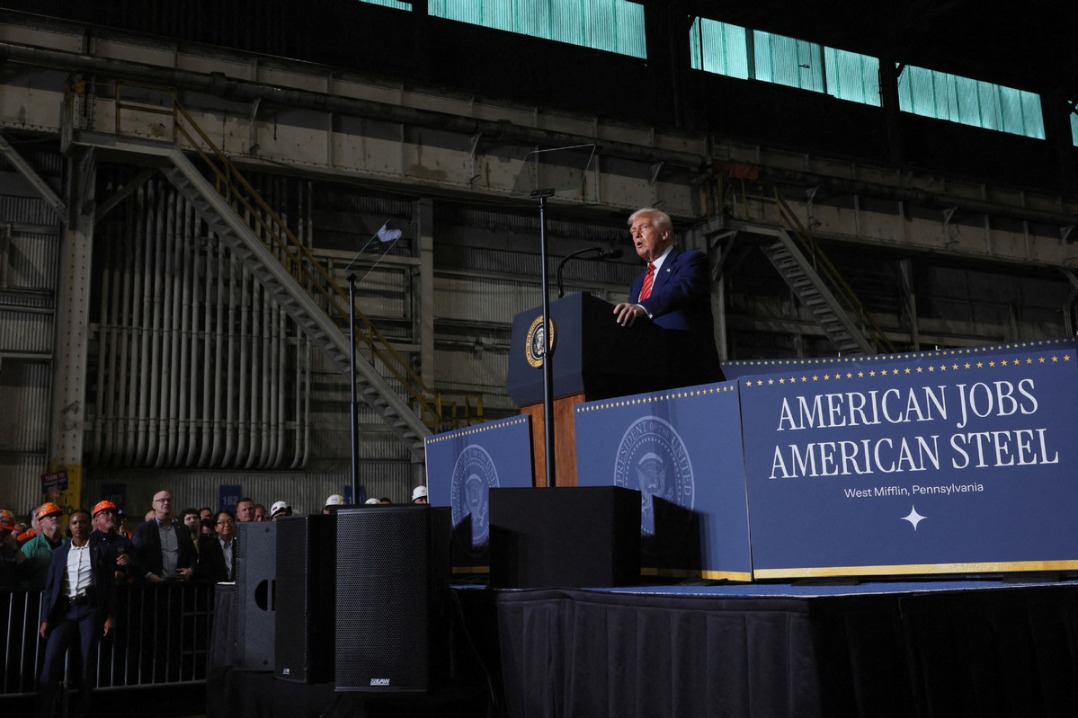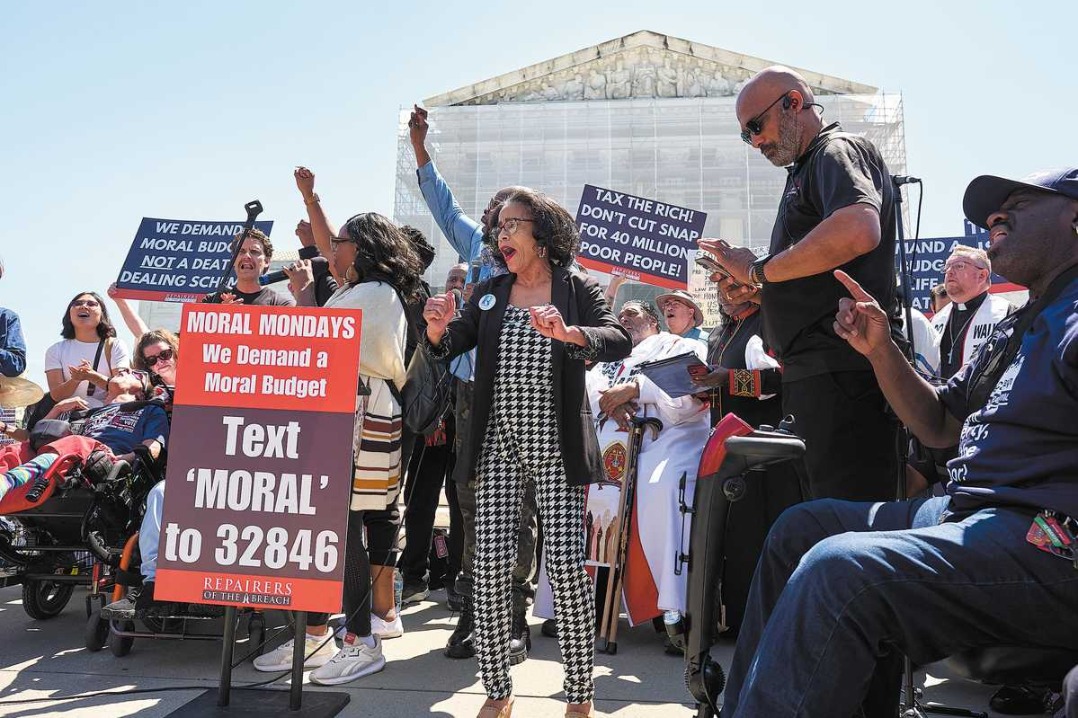WWII bombs defused in Cologne after city's largest postwar evacuation


BERLIN - Authorities in the western German city of Cologne successfully defused three large unexploded World War II bombs on Wednesday, following the city's largest evacuation operation since 1945.
According to a statement from the Cologne government, explosive ordnance disposal teams rendered all three bombs safe by 7:19 pm local time. Roads and bridges were gradually reopened, and evacuated residents were allowed to return to their homes. However, officials cautioned that traffic disruptions could continue for some time.
More than 20,000 residents were evacuated from a 1,000-meter radius around the bomb site in the city's Deutz district. The affected area included nine schools, 58 hotels, a hospital, several large companies, care homes, and museums.
The discovery also forced the closure of the Hohenzollern Bridge - Germany's busiest railway bridge - causing a temporary suspension of train traffic across the Rhine River and into Cologne's main station. River traffic was also halted.
The three bombs, two weighing 1,000 kilograms and one 500 kilograms, were equipped with impact fuses and are believed to be of American origin. They were discovered on the eastern bank of the Rhine River.
Cologne was among the most heavily bombed cities in Germany during World War II. According to the German press agency DPA, between 1,500 and 2,000 unexploded WWII-era bombs are discovered annually in the state of North Rhine-Westphalia alone, including around 200 large bombs similar to those found in Cologne.
































